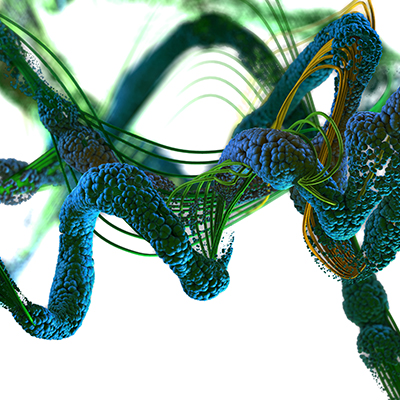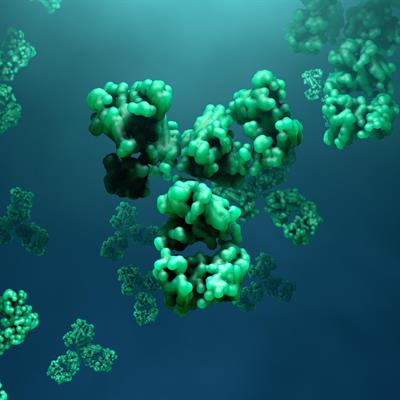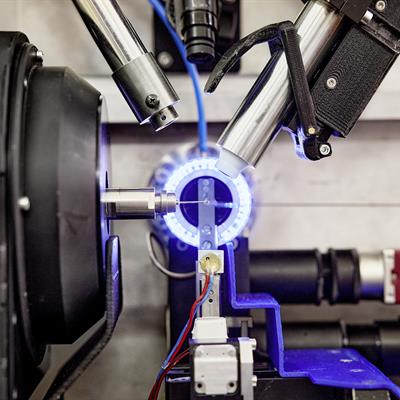October 4, 2022 -- Researchers at the Tokyo Institute of Technology have developed a new cell-free protein crystallization method that enables improved analysis of unstable proteins.
Their study, published October 3 in the journal Scientific Reports, potentially advances scientists' knowledge of cellular processes and structural biology.
Unlike common salt and sugar crystals, microscopic protein crystals within living cells are hidden from view. Yet they are vital to human biology for immune system activation and protein storage.
A previous method of creating protein crystals, called in-cell protein crystallization (ICPC), formed crystals of insufficient size and quality for analysis. Tokyo Tech researchers sought to improve matters. They discovered a novel cell-free protein crystallization (CFPC) method -- a hybrid between in vitro protein crystallization and ICPC -- that allowed rapid, direct, high-quality protein crystal formation.
The researchers used a wheat germ protein synthesis kit to synthesize polyhedrin monomer, a viral protein from infected insect cells. This was further crystallized to nano-sized polyhedra crystals within six hours.
Scanning electron microscopy images showed excellent crystal purity, which allowed the determination of crystal structures at 1.95 angstrom resolution. The researchers then carried out the structural analysis of crystalline inclusion protein A at a previously unreported 2.11 angstrom resolution. They hope CFPC enables the analysis of unstable and low-yield proteins that cannot otherwise be studied.
"The high-quality protein crystals produced by our method will expand the horizons of structural determination and provide us with useful and unprecedented insights into the complex environment of living cells," said co-author Takafumi Ueno, PhD, a professor at Tokyo Tech.
Copyright © 2022 scienceboard.net










